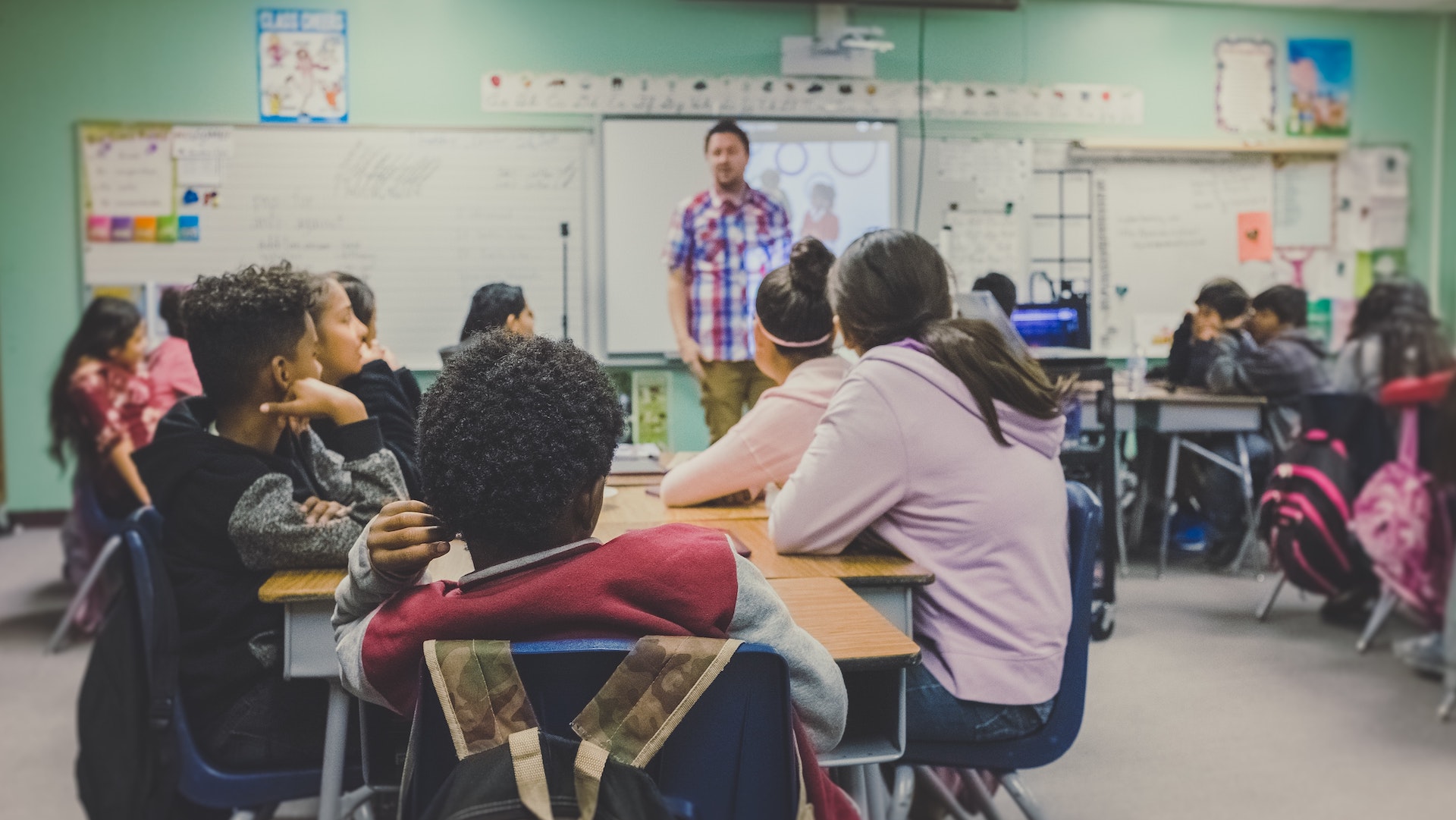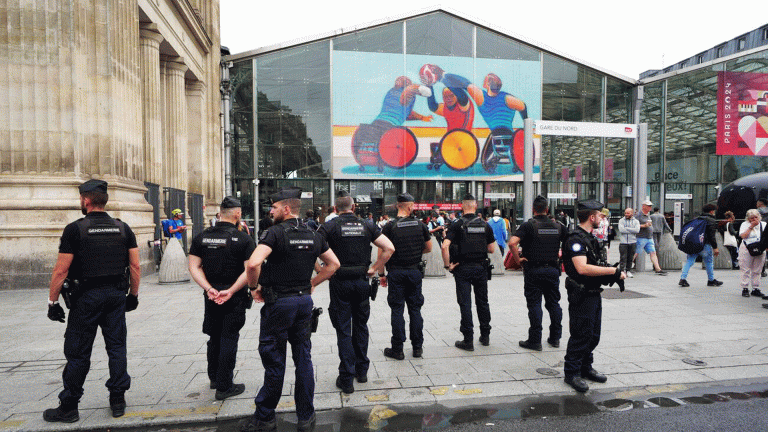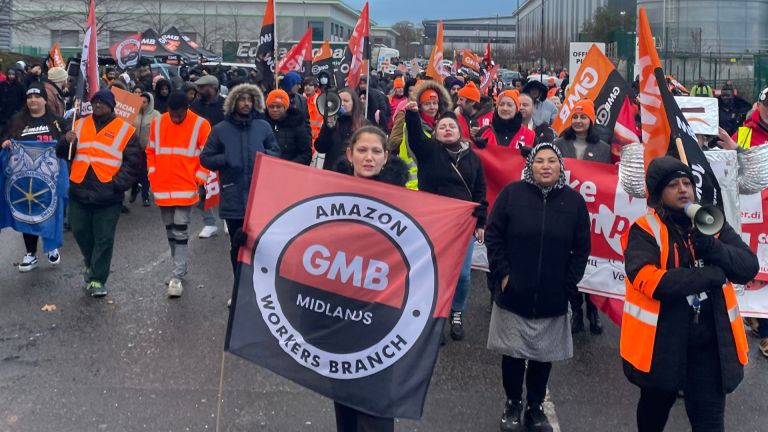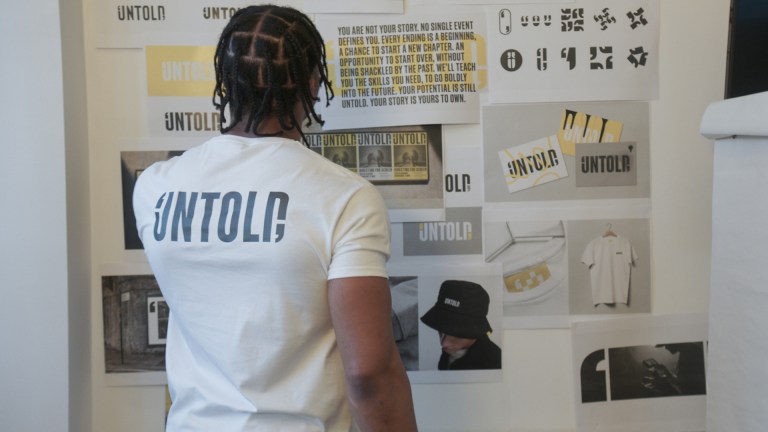Almost 1,000 police officers are stationed in schools across the country, new research has revealed. They are mostly in schools with higher numbers of Black and ethnic minority pupils and others eligible for free school meals.
The new research from the Runnymede Trust comes after a 15-year-old Black school girl – known as Child Q – was strip searched in her Hackney school. Black and minority ethnic pupils are being over-policed and underprotected in schools and we need greater investment in pastoral care and support systems, says the trust’s head of research Dr Shabna Begum.
It is now 10 months since the local child safety practice review about Child Q hit the headlines. Even for Black communities who have campaigned for decades against institutional racism in the police, the level of dehumanising brutality described in the report was shocking.
What the Independent Office for Police Complaints merely called a ”regrettable incident” involved a 15-year-old child being removed from a mock examination by her teachers on what transpired to be totally unfounded suspicions. Dissatisfied with their own search, they decided to consult their ‘Safer Schools’ team, which advised them to call officers to attend from the local police station.
- Teachers are setting up food banks in schools to help families in the cost of living crisis
- ‘They put my life in danger’: The crisis in children’s mental health services
The teachers then failed to meet appropriate safeguarding standards and left the child in a room, alone, to be strip searched by two police officers. These officers instructed the child to expose herself in ways that were wildly disproportionate to the original suspicion, even when she explained she was on her period. Child Q’s mother was not given the courtesy of a phone call from either the school or the police officers and only learnt of the incident from her daughter when she arrived home in distress.
As a mother of a teenage girl, schooled not far from where these events unfolded, I find the details of what happened to Child Q chilling. As someone who taught in a neighbouring school, I find the school’s negligence unforgivable.









